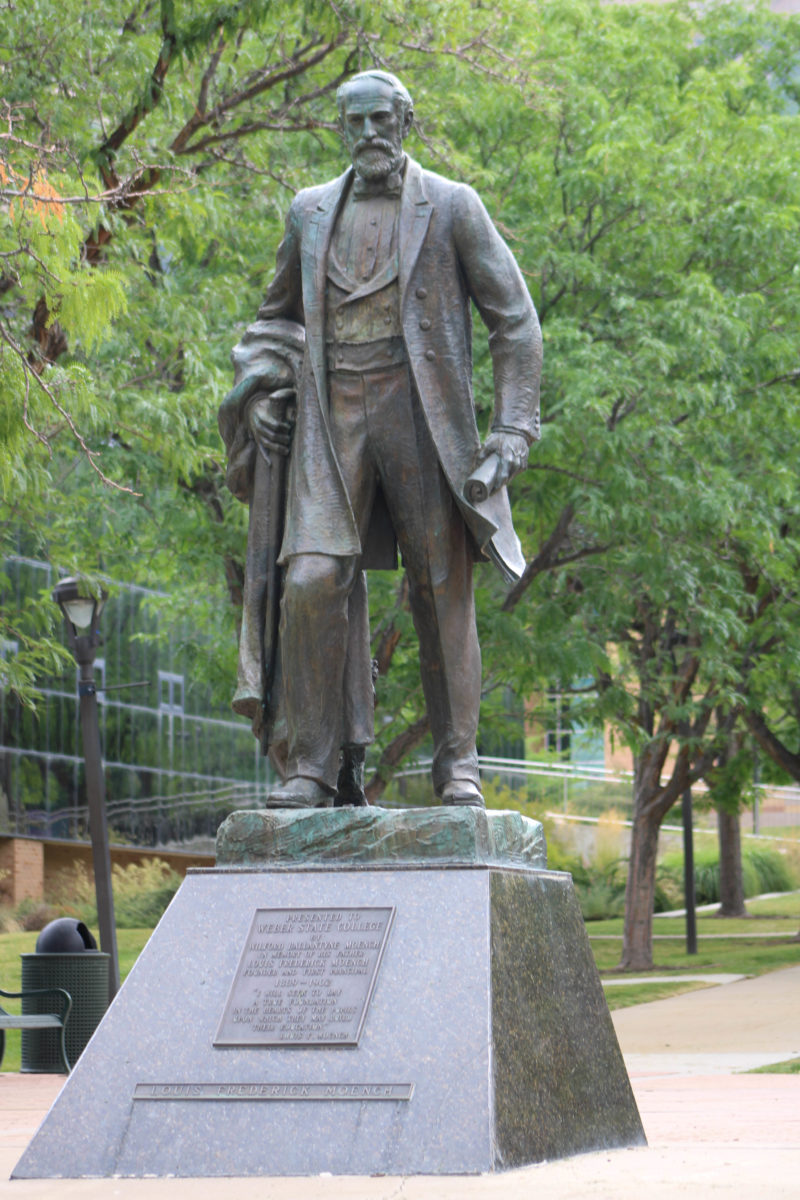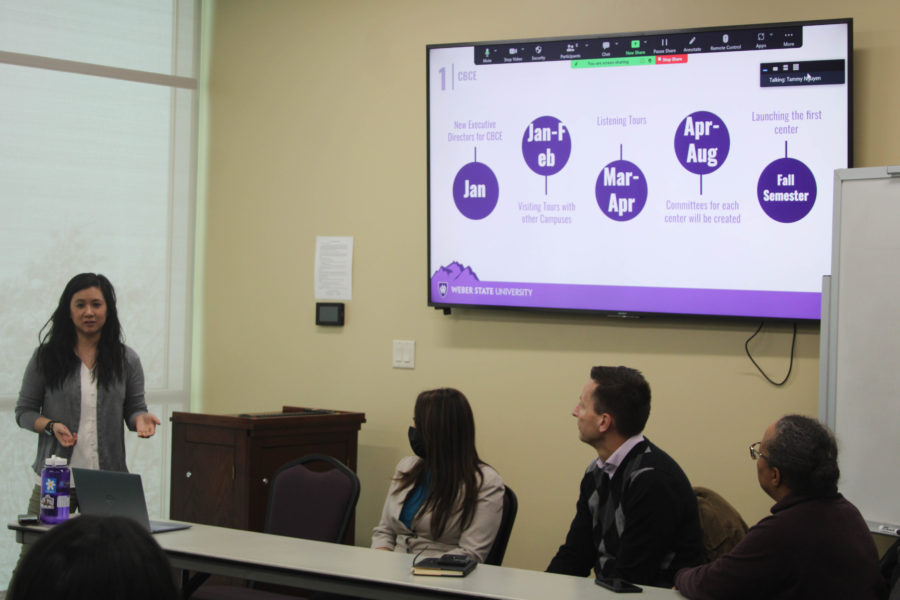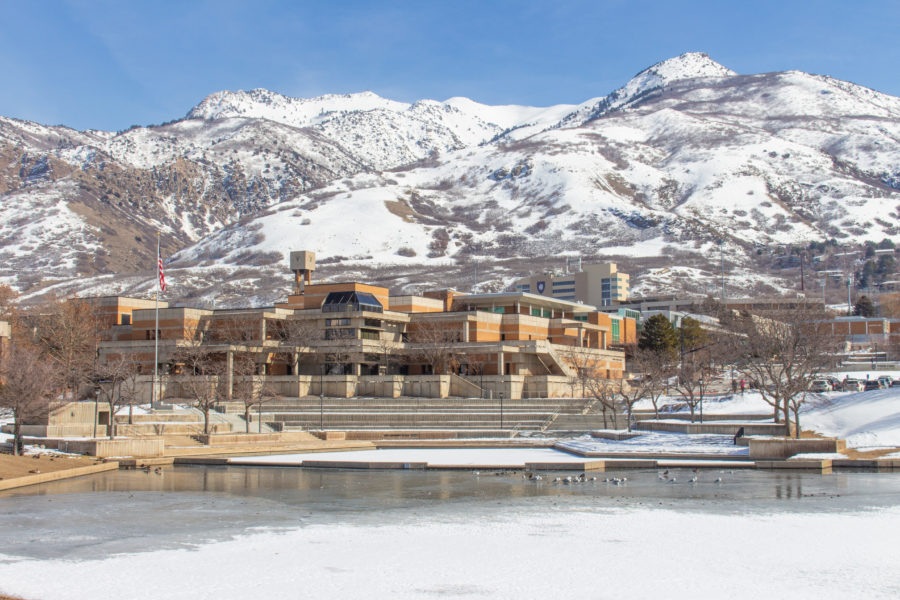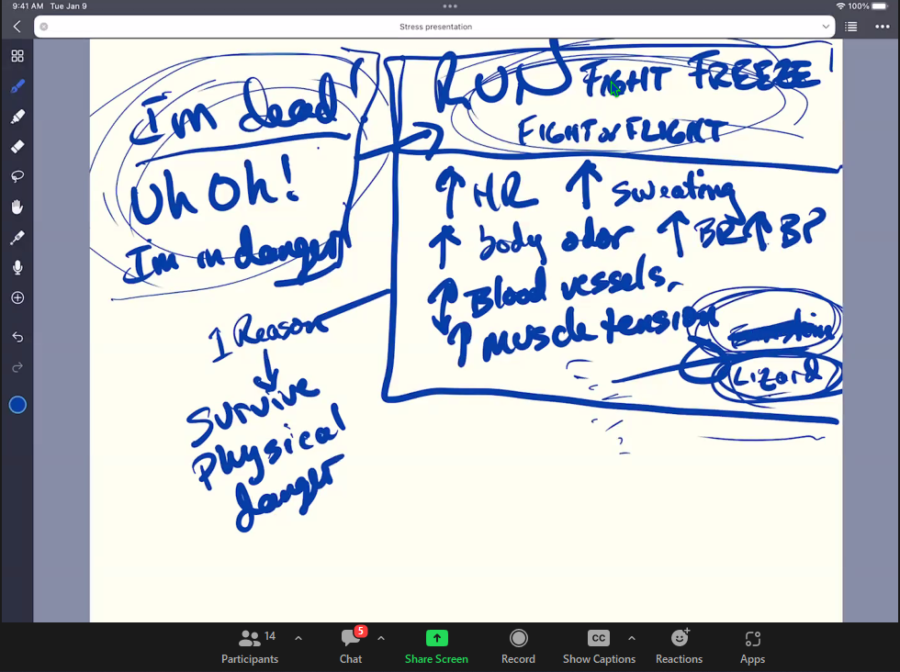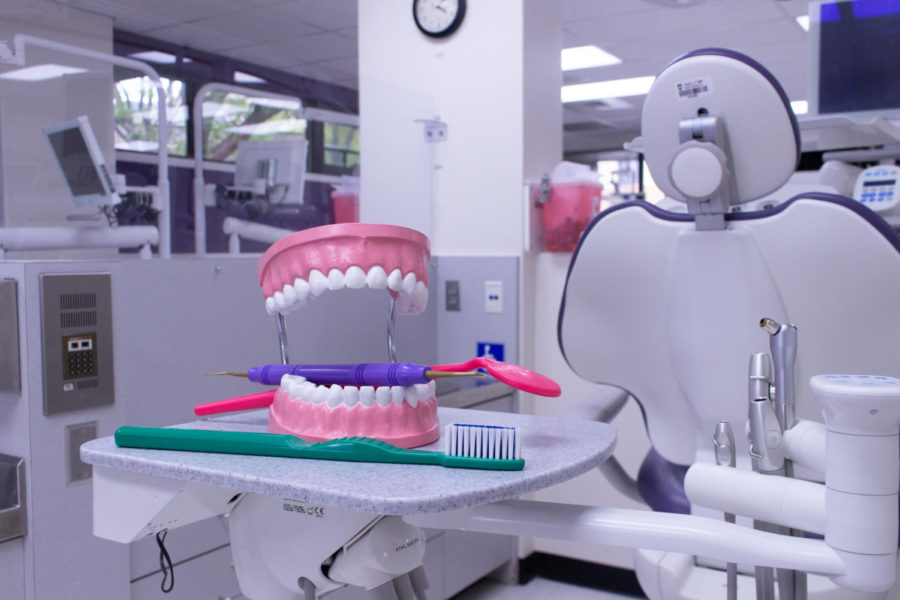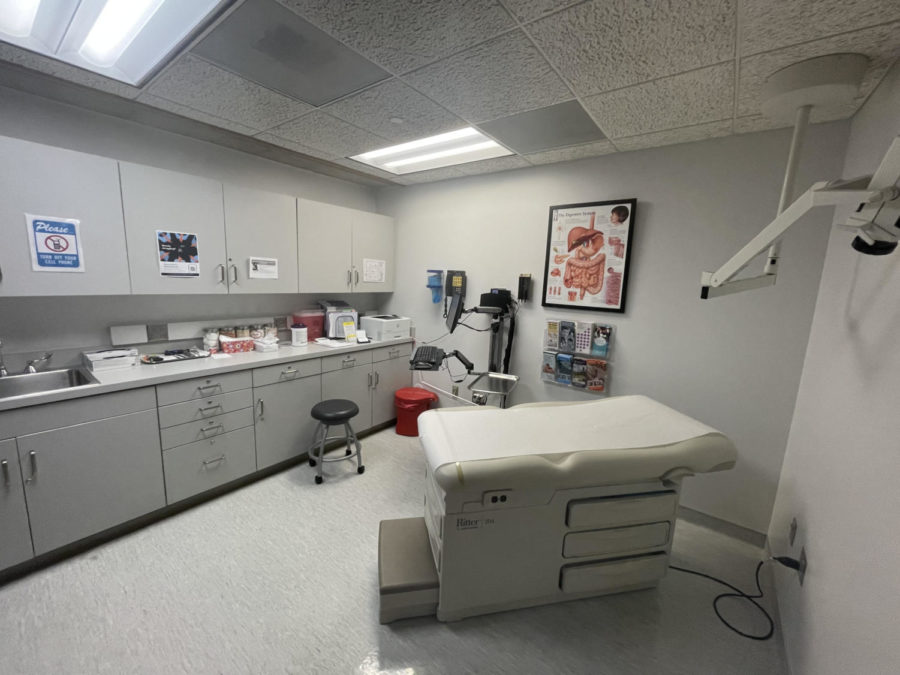
A recent sample taken of Mexican doctors along the border of Texas to California has shown that Americans now account for a quarter of their patients.
While doctors and public health officials in the area have been aware of the phenomenon for some time, non-affordable healthcare has caused many Americans to look south of the border for medical care, rather than pay higher prices for comparable care and identical drugs in the United States.
Medical care in Mexico exceeds expectations and is up to par with U.S. standards. Most medical practitioners’ training in Mexico is held to the same bar as the schooling of U.S. doctors. In reflection, a notable amount of U.S. doctors have received training in Mexico, particularly in Guadalajara.
The cost of a visit to a doctor can be lower across the border. In some cases, it is less than the 20 percent most U.S. citizens pay under a majority of health insurance plans.
According to National Center for Health Statistics, sixty-one percent of patients that attend Mexican doctors said their main reason for going to Mexico was price, and 20 percent said they went mainly because they liked the personal attention they received from Mexican doctors and clinics.
The Medical Tourism Association found that nearly 76 percent of patients with an interest in medical travel are U.S. citizens.
“Everything is at least 50 percent cheaper,” Jim Reed, 74, told the LA Times. “It’s so expensive back home, and it’s good quality we can afford here.”
Generally, the cost of medical care services vary by hospital, by physician, or by the seriousness of one’s condition.
According to the Huffington Post, on average, an office visit with a doctor, specialist cost included, could run you between 250 to 300 pesos, or roughly $25. Lab tests could cost about one-third of the comparative cost in the United States. CAT scans are 25% cheaper than in the U.S. Overnight stays in a private hospital room can only cost you about 300 pesos, roughly $30. Furthermore, visiting the dentist for some teeth cleaning will cost about 200 pesos or $20.
The report also compared drug prices for seven common drugs in the United States and Mexico — on average, the same drugs cost about three times more in the United States.

Many Americans visit Mexican pharmacies to fill prescriptions and avoid the high prices in the U.S. Prices in Mexican pharmacies can range between 30 to 50 percent on some drugs. As long as a patient has a prescription from an American or Mexican physician, they can purchase the drugs and return to the U.S. with them.
Presently, as more people are planning to emigrate to Mexico, developments of better healthcare methods are taking place, like building hospitals equipped with the latest in medical technology.
Aside from great medical practitioners and an accommodating medical staff, the medical care of Mexico has continuously made a name of its own as one of the very few countries that provide relatively affordable healthcare rates. From medicine to medical services, everything is surprisingly within reach.
Many people have a bad misconception about Mexico in general. However, Mexico has shown us that despite how they are they portrayed, Mexico is a very progressive country filled with hardworking people.
Mexico provides a low-cost and convenient healthcare alternative for many people along the U.S.-Mexico border, and that has proven to be an important asset to the U.S.-Mexico border’s economy, heightening the reputation of Mexican health practices.







